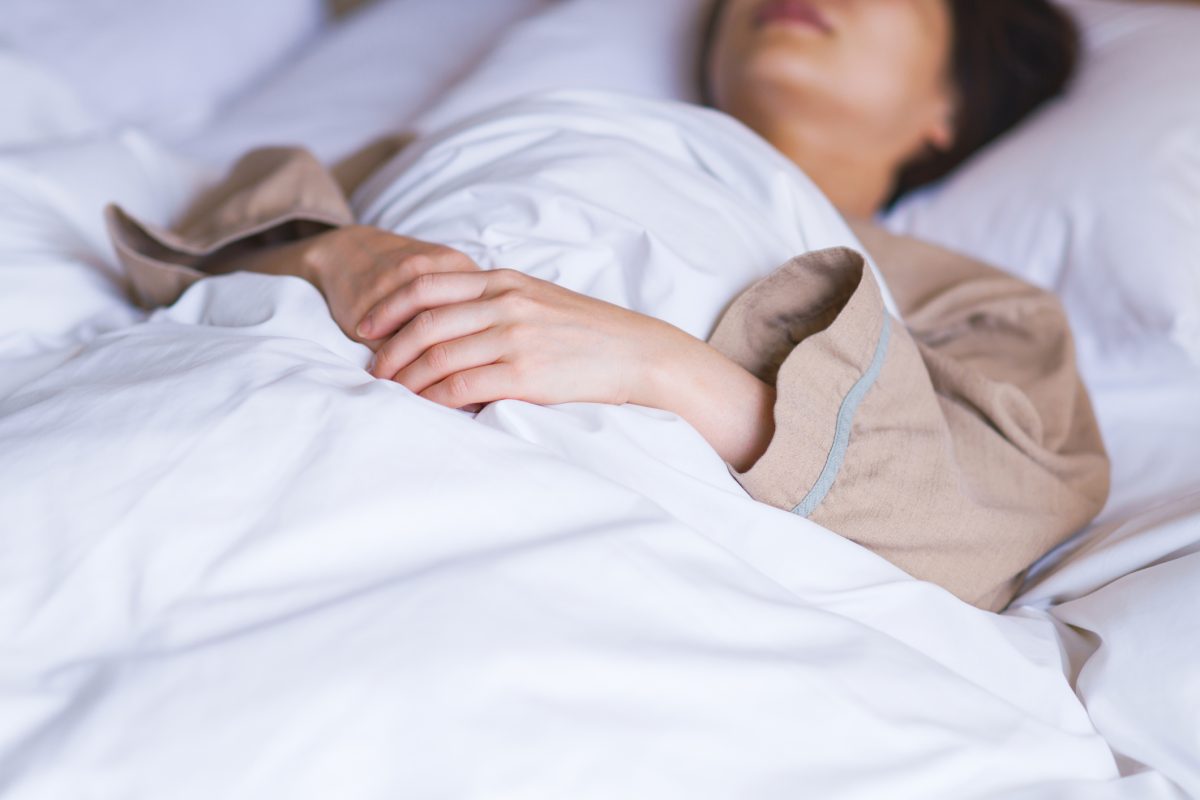Our bodies have their own wisdom.
Much of it hinges on communication that occurs between different organs and systems that work together not only to maintain our health but to protect us when we especially need it.
An example we’ve heard a lot about is the gut-brain axis and the vagus nerve that connects them and various organs along the way.
Now, we’re learning about another such crucial “conversation” that happens between the heart, the immune system and the brain to trigger healing when someone’s had a heart attack…
How and why your body regulates sleep after heart attack
After a heart attack, it makes sense that you’d want to sleep more. But the need for sleep is more than the physical exhaustion of going through a traumatic health event.
As part of the process to heal itself and reduce inflammation, the heart triggers the desire for more sleep through actual changes to the brain, as shown through mouse studies at the Icahn School of Medicine at Mt. Sinai Hospital.
After inducing heart attacks in mice, researchers found a three-fold increase in slow-wave sleep, a deep stage of sleep characterized by slow brain waves and reduced muscle activity. This increase in sleep occurred quickly after the heart attack and lasted one week.
And when they studied the brains of those mice, they discovered that immune cells called monocytes were recruited from the blood to the brain and used a protein called tumor necrosis factor (TNF) to activate neurons in an area of the brain called the thalamus, which caused the increase in sleep.
“This study is the first to demonstrate that the heart regulates sleep during cardiovascular injury by using the immune system to signal to the brain,” says senior author Cameron McAlpine, PhD, Assistant Professor of Medicine (Cardiology), and Neuroscience, at the Icahn School of Medicine at Mount Sinai.
Poor sleep increases risk of another heart attack
To further identify the function of increased sleep after a heart attack, the researchers also interrupted the sleep of some of the mice.
The mice with sleep disruption after a heart attack had an increase in heart sympathetic stress responses and inflammation, leading to slower recovery and healing when compared to mice with undisrupted sleep.
The Mt. Sinai researchers also performed human studies, and their findings confirmed what they’d seen in mice.
First they studied the brains of people a couple of days following a heart attack. They saw an increase in monocytes compared to people without a heart attack or other cardiovascular diseases.
Then, they analyzed the sleep of more than 80 heart attack patients four weeks after heart attack and following them for 2 years..
The patients were divided into two groups — good sleepers and poor sleepers. The patients who slept poorly in the weeks after their heart attack had twice the risk of another heart attack.
Those who slept well showed significant improvement in heart function. Poor sleepers showed little or no improvement.
Dr. McAlpine and the research team hope that the understanding of sleep in healing post heart attack can be recognized in intensive care units, where sleep is frequently disrupted
Develop sleep habits to protect your heart
Well-rested cells can produce antioxidants that fight destructive free radicals. But in sleep-deprived cells, this response fails. The result: dysfunctional cells that easily succumb to cardiovascular disease.
This isn’t a new idea.
For example, a 2018 Duke University study found that people with irregular sleep patterns may be at higher risk for obesity, heart disease, hypertension, and stroke.
So, how do you keep to a sleep schedule when life is busy? How do you ensure you get those 7-8 hours of good sleep you need?
Dr. Jessica Lunsford-Avery of the Duke study has some simple advice: set an alarm for the same time each day. And NO sleeping in on weekends!
This may sound hard to do, but if you stick to it for a few weeks, you may even find yourself waking up without the alarm.
That’s actually a good sign — your body is adjusting to the rhythm you’ve set for it.
Other studies have shown that poor sleep leads to clogged arteries.
Besides setting a regular sleep schedule, here are some other ways to get a better night’s sleep:
Don’t look at computers, smartphones or TV screens an hour before going to bed. The blue light they emit can have a negative impact on your circadian rhythm and your ability to fall asleep.
Get exercise during the day. If you’re physically exhausted, you’re more likely to fall asleep faster and stay asleep longer.
Expose yourself to natural light in the morning hours. This helps set your circadian rhythm, which controls your sleep.
Don’t drink caffeine or alcohol in the evening. Both interfere with sleep quality.
If you snore a lot or don’t feel rested when you wake up, get tested for sleep apnea. It can significantly hamper your ability to get a good night’s sleep.
If you have insomnia, talk to your doctor about cognitive behavioral therapy for insomnia (CBTI). It’s one of the more effective natural therapies for insomnia and can help you avoid the use of prescription sleep aids.
Sources:
After a heart attack, the heart signals to the brain to increase sleep to promote healing — Eureka Alert
Myocardial infarction augments sleep to limit cardiac inflammation and damage — Nature
It’s not just for kids — even adults appear to benefit from a regular bedtime — Science Daily
Read full article here




